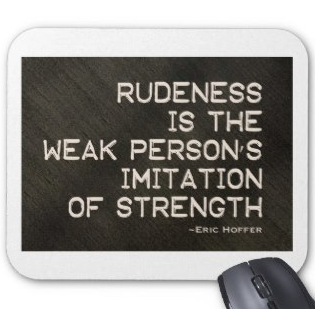7 Considerations To Choose the Right Corporate Spokesperson
The choice of corporate spokesperson should never be taken lightly. Never. Having the wrong person representing you can damage your brand in the best case scenario. In the worse-case scenario, it could destroy your brand.
The person or persons chosen need to be creditable, knowledgeable, well-spoken, but above all empathetic and likeable. There have been a few tragic situations over the last few years when brands seem to have forgotten this fundamental rule.
Over the course of many years in Public Relations and Crisis Communications I have been both a corporate spokesperson and coached others. It is not an easy task. When dealing with death, there are just no words that can make anyone feel better. That is why it is so critical that you have someone who can give information and facts and most importantly have real and genuine empathy. You can’t fake empathy. You can’t fake the terrible feeling that you have knowing that a human-being has died. At this point the spokesperson must do his or her best to share information that will help make some sense of the tragedy without inflaming victims and loves-ones who are experiencing complete and utter loss, disbelief and anger.
A few months ago I listened as one corporate spokesperson spoke on a very, very tragic situation here in Canada. I did not envy him or anyone who had attempted to coach him. This level of tragedy was unknown in our country and facing those left behind was not going to be easy. Suffice it to say, the conversation did not go well. The words chosen and even the tone used, were wrong. I listened in disbelief. Only days later I listened to a follow-up interview. My only words to describe what I heard was: why isn’t someone saving him from himself? Again the words chosen would only inflame the victims’ families.
Brands can mitigate this by having the right person in place. I offer the following advice to brands to avoid having the wrong spokesperson:
1. Know the abilities of your employees, including your executives. Choose a spokesperson based on knowledge and the ability to be empathetic and likeable, not based on position. While it is true that PR people will “typically” recommend that the most senior person speak out to “take responsibility” in very serious circumstances, avoid this if your most senior person does not come across as caring, patient, and likeable.
2. Have a regular cadence of training for your spokespersons. Don’t wait for a tragedy. Have mock interviews with cameras, people playing probing and tough reporters. Be sure to watch and critique the interviews with the spokespersons.
3. Get 3rd party impressions of the spokespersons. Play on-camera interviews with the audio turned off. Ask what people felt about the spokesperson. Did they feel that he or she was telling the truth or hiding something? Did the person look angry, sincere, or arrogant? You need to know this before an issue emerges.
4. If necessary, retrain after the the feedback. If there is no improvement, replace the spokesperson.
5. If the unthinkable happens and the spokesperson is called into duty, respond quickly. The longer you wait, the more inflamed people will be. Review and assess the person’s experience. Be honest and really critique the situation. This is the time that you need everyone doing the right thing for the victims and their families.
6. Change spokespersons if necessary. Do it and do it swiftly.
7. This one is most important: Be human. You are dealing with a tragedy. Remember that. You are not the victim.
Tragedies are never easy. The role of the spokesperson is do the best job to provide the facts and not inflame people.
(Note: a version of this same blog appeared previously in my old blog.)




